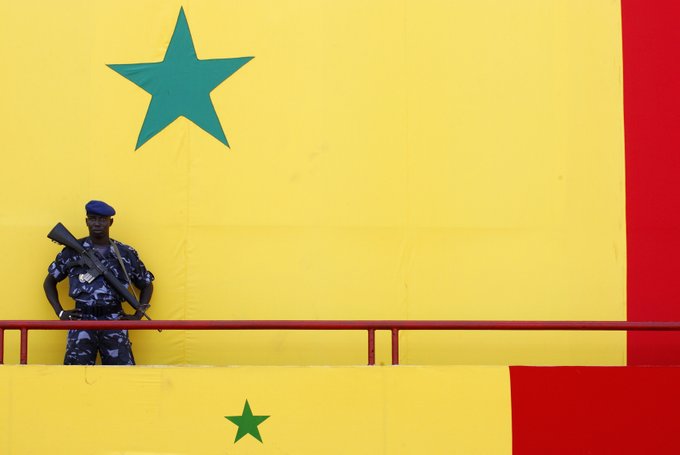“The US side noted that export restrictions of the Republic of Korea against Russia correspond to measures of the international community and agreed to add South Korea into the list of countries with the exception made from the foreign direct product rule,” the Ministry said. “The government will take further measure of export control in accordance with the like measures of the international community and the US.”
The US Department of Commerce has issued a foreign direct product rule (FDPR) regarding Russia. According to this regulation, companies from third countries that use American technology in manufacturing will need a US government license to export products to Russia. At least 32 countries have received such an exemption.
In this way, South Korean manufacturers have fought for their interests so they do not lose access to the Russian market, something that the European Union has already restricted itself from doing. What is evident is that Seoul’s position on sanctions against Russia is clear. In fact, the majority of Asian countries will likely support this position as they view events in Ukraine as far off and something best not to get involved in, especially in the context of the US-China rivalry raging in their own region.
The current election campaign in South Korea is also having a significant impact on the situation in the country. The next presidential election is scheduled for March 9 and current President Moon Jae-in will not run as each person can only be elected as the head of state of South Korea once.
Interestingly, despite the South Korean election only days away, which means we can expect many different policy suggestions as every presidential candidate has their own vision, there appears not to be a negative attitude towards Russia. In fact, it appears that the Ukrainian Crisis is very far low on Seoul’s pecking order of priorities to address or deal with.
However, it is the belief of Professor Lee Sang-chung of Kunming University that South Korean companies will continue to search for foreign trade opportunities, just as they did even during the Cold War.
“Our companies will be willing to continue trading if there are buyers willing to buy their goods,” he said.
His comment came as news began filtering in that South Korea had gained some kind of immunity from US export sanctions on Russia – in exchange for imposing export control measures. However, according to the professor, not being forced into sanctions does not help improve the economic situation in South Korea too much as the global market is still in limbo.
However, the global market will not remain in limbo forever, especially as we begin exiting the COVID-19 pandemic and because the crisis in Ukraine will not wage on forever, especially if Russia remains truthful to its claim that its operation in Ukraine is only aimed at the de-Nazification and demilitarization of the country.
Seoul has not yet formulated a position on sanctions, likely because of the upcoming presidential election. Due to this, there is still much uncertainty that could affect trade with Russia.
“Big companies will try to take some preparatory measures, but small and medium-sized businesses, as far as I know, have stopped and are in a state of tension over how the war will end,” Professor Lee Sang-chung explained.
South Korea has so far only announced a ban on the export of strategic materials. Additional export controls will be announced soon though. Seoul has imposed sanctions against some Russian banks, including Sberbank, VEB, Promsvyazbank, VTB, Otkritie, Sovcombank and Novikombank and its subsidiaries, but it will still be allowed to make transactions related to the supply of agricultural, energy and medicinal products.
However, once the war in Ukraine is over and the long path towards normality is being trotted on again, it will be countries like South Korea and other Asian states that will benefit as Moscow will certainly place more trust in Eastern partners that did not get to involved in the Ukraine war, unlike the European Union.




 I stopped watching the hysteria on day 3 so just checking for reference purposes
I stopped watching the hysteria on day 3 so just checking for reference purposes

